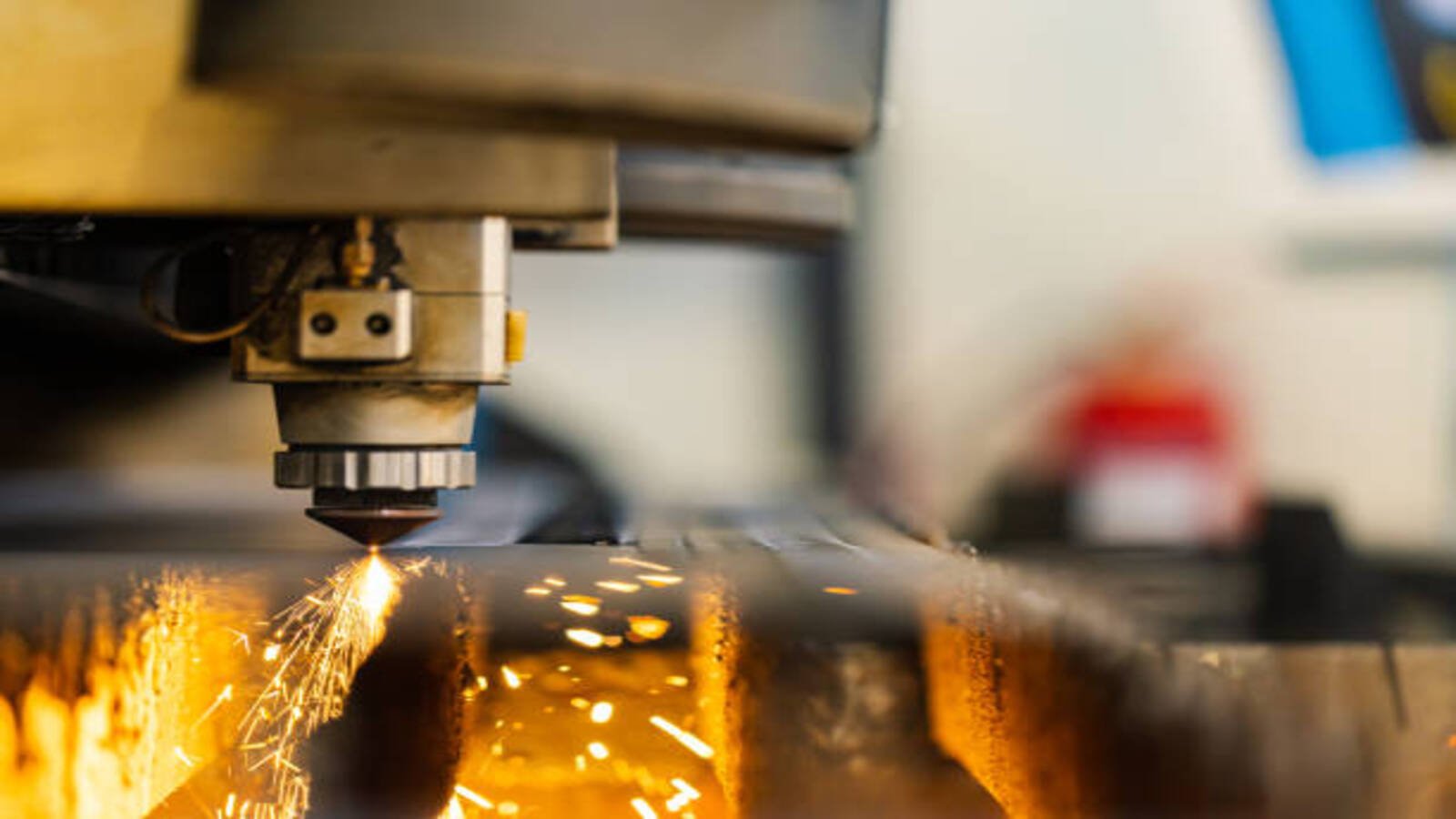The Importance of Metal processing for eco-friendly production
Metal processing plays an integral role in modern industrial production. However, it also contributes significantly to environmental degradation. Metal processing for eco-friendly production can balance the need for high-quality metal products while reducing the negative impact on the environment. This article will explore the benefits and challenges of metal processing for eco-friendly production.
1. The Benefits of Eco-Friendly Metal Processing
Eco-friendly metal processing can help mitigate the environmental impact of metal production. Metal processing for eco-friendly production can reduce carbon emissions, lower energy consumption, and minimize waste disposal. Adopting a sustainable approach to metal processing helps businesses reduce their carbon footprint and enhance their environmental performance.
2. The Challenges of Eco-Friendly Metal Processing
Metal processing for eco-friendly production is not without challenges. Eco-friendly metal processing requires significant investment in equipment, technology, and human resources. It also demands a shift in organizational culture and supply chain management. To overcome these challenges, companies can collaborate with suppliers, invest in R&D, and utilize financing options available to promote sustainable business practices.
3. Sustainable Metal Processing Techniques
Several sustainable metal processing techniques can help businesses to produce metal products while minimizing their environmental impact. These techniques include recycling, electroplating, and cold-forming. Recycling metal waste conserves natural resources, reduces energy consumption, and lowers carbon emissions. Electroplating eliminates the use of toxic chemicals and minimizes water consumption during the production process. Cold-forming reduces energy consumption by using pressure instead of heat to shape metal.
4. Sustainable Material Selection for Metal Processing
Another strategy for eco-friendly metal processing involves sustainable material selection. Choosing materials that have a lower environmental impact throughout their life cycle, including sourcing, processing, transport, and disposal, can reduce the environmental footprint of metal products. Using recycled or renewable materials can also reduce energy consumption and carbon emissions.
5. Technological Advancements in Eco-Friendly Metal Processing
The advancement of technology has played a significant role in advancing eco-friendly metal processing. The use of automation, artificial intelligence, and robotics has improved production efficiency, accuracy, and safety while allowing for real-time environmental monitoring and energy management. Tools such as life-cycle assessment software and environmental impact analysis can help businesses to measure and improve their environmental performance.
6. The Role of Regulations in Eco-Friendly Metal Processing
Sustainable metal processing is also driven by government regulations and policies. Governments worldwide are implementing regulations to reduce carbon emissions, promote sustainable production practices, and conserve natural resources. Compliance with these regulations and voluntary standards can not only save organizations from potential fines but also demonstrate their commitment to responsible corporate citizenship.
7. The Economic Benefits of Eco-Friendly Metal Processing
Eco-friendly metal processing can generate economic benefits for businesses. It can lead to cost savings through reduced energy consumption, waste reduction, and supply chain optimization. It opens up new markets for companies that prioritize sustainability by improving brand reputation, enhancing customer loyalty, and attracting socially responsible investors.
8. The Social Benefits of Eco-Friendly Metal Processing
Eco-friendly metal processing also has significant social benefits. Sustainable metal processing creates a safer and healthier work environment for employees, reduces the environmental impact on local communities, and contributes to economic growth and social development. It also helps tackle the global climate crisis by reducing carbon emissions and conserving natural resources.
9. The Future of Eco-Friendly Metal Processing
Eco-friendly metal processing is a rapidly evolving field. As technology advances, the adoption of sustainable metal processing techniques and materials will become the norm. Collaborations between companies, governments, and research institutions will enhance sustainability practices and promote innovation in the industry. The future of eco-friendly metal processing is one that balances economic growth with sustainable development.
10. Conclusion
Metal processing for eco-friendly production is essential to minimize environmental degradation and mitigate the global climate crisis. It offers businesses the opportunity to optimize their production processes while conserving natural resources and reducing their carbon footprint. While there are challenges in adopting sustainable metal processing practices, the benefits far outweigh the costs both economically and socially.

